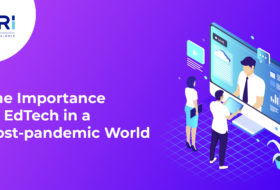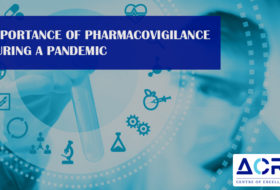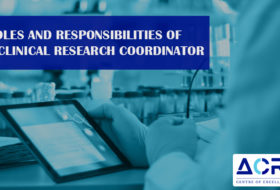- Who is WHO?
The World Health Organization is a specialized agency of the United Nations (UN) responsible for international public health. Headquartered in Geneva, Switzerland, the organization’s central focus is to act as the primary governing authority in the international public health domain. As per the WHO Constitution, which establishes the agency’s governing structure & principles, the main objective of the organization is, “the attainment by all people of the highest possible level of health.”
With its worldwide presence, WHO works to promote good health, safety and to serve the vulnerable. “To ensure that a billion more people have universal health coverage, to protect a billion more people from health emergencies, and provide a further billion people with better health and well-being”. Operating in the public healthcare sector on an international level, the organization encapsulates numerous distinct divisions within itself, one of which is undoubtedly, the research division.
Work done by WHO in the research space.
Research is an absolute necessity when it comes to specialized organizations operating in the healthcare sector. In order to resolve health-related issues spanning the globe, the organization’s focus directs towards collecting valuable data that will be used in tackling various public health challenges. As per their database, Research for health spans 5 areas of activity:
- Measuring the magnitude & distribution of the health problem
- Understanding the diverse causes, or the determinants of the problem, whether they are due to biological, behavioral, social, and environmental factors
- Developing solutions or interventions that will help to prevent or mitigate the problem
- Implementing or delivering solutions through policies and programs
- Evaluating the impact of these solutions on the level & distribution of the problem.
The World Health Organization’s overall focus has been on the following critical issues:
- Communicable Diseases
- Non-Communicable Diseases
- Environmental Health
- Life Course and Lifestyle
- Surgery and Trauma Care
- Emergency Work
- Reform efforts following the Ebola outbreak
- Health Policy
- Digital Health
It is imperative to acknowledge that WHO strives to work around the clock for collecting first-hand, verifiable data in all the aforementioned key areas of research which then, in turn, benefits a huge chunk of the pharmaceutical, medical, and allied health professionals. All the efforts are driven by the WHO meet with the ideal cogs to ensure the smooth functioning of the wheel of a healthy, happy, and content world.
WHO’s Contribution to the Fight Against COVID-19
The World Health Organization has been a key player in combating the Covid-19 pandemic, ever since some of the initial first cases were identified in a Chinese city known as Wuhan in December. These are some of the ways the World Health Organization is helping the world grapple with what seems to be an unending carnage with the now not-so-novel Coronavirus.
-
Helping Countries to Prepare and Respond
WHO has promulgated a Strategic Preparedness and Response Plan, which sheds light on the primary actions nations need to take and the list of resources needed to carry them out. The UN agency’s six regional offices and 150 country offices work in close ties with governments around the world to jack up against the clutches of the virus.
-
Busting Dangerous Myths by providing accurate information
Since the inception of the pandemic, the world wide web has been souses with data & information about the virus. WHO acts as the authoritative body to debunk all information that is false/inaccurate and presents accurate, research-driven facts and figures to drive guidance that can save lives.
-
Ensuring the well-being of Frontline Health Workers
Personal protective equipment has been a constant necessity through all stages of the evolution of the virus for the professionals working in healthcare to save lives. WHO has shipped millions of items of personal protective equipment to more than 130 countries and has successfully dispatched millions of diagnostic tests to 126 countries.
-
Training and Mobilizing Health Workers
One of the organization’s foremost priorities is to train millions of frontline workers. For this purpose, the WHO is resorting to its OpenWHO platform, an online tool, being utilized by numerous frontline personnel. Users take part in a worldwide, social learning network, based on interactive, online courses and materials covering a variety of subjects.
-
The Search for a Vaccine
Laboratories around the globe have one goal in mind – to introduce an effective, usable vaccine for the virus. The information, data, and resources compiled by the organization go a long stride in determining potential remedies that could lead up to the formulation of a solid vaccine. The agency’s “Solidarity Trial”, an international clinical trial, involved 90 countries to help find effective treatment.
The achievement and contribution of the agency towards better and sounder international health safety are irrefutably priceless. In order for countries to ensure maximum quality of health and well-being, it is imperative to acknowledge and examine the guidelines continuously being updated by the agency.










